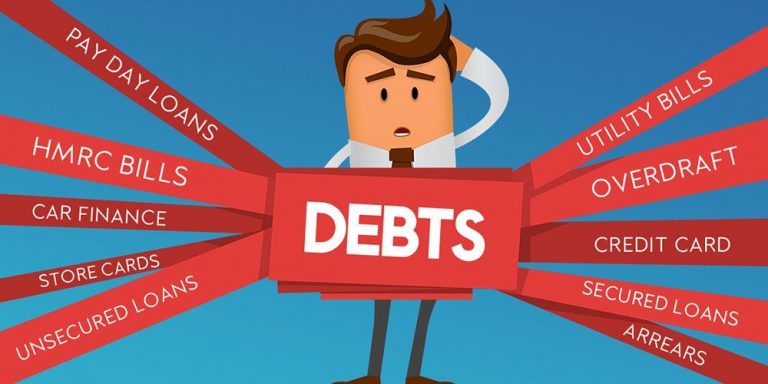Around 16% of the American household budget goes to housing, followed by transportation, taxes, utilities, food, insurance, debt payments, and healthcare. Housing expenses include direct payments or rent or mortgage interests, property taxes, and insurance. Without a doubt the roof over your head costs a lot of money. The good news is there are ways to reduce spending and even pay your debt and mortgage faster than you think.
Lower Mortgage Payment
Ideally, before buying a home, putting down a large down payment will help keep your monthly mortgage low. Raising your contribution to at least 20% or more will give you a better monthly payment or a lower mortgage. In addition, you will also save a bit because you don’t have to pay private mortgage insurance (PMI). Of course, not everyone can put up a high equity or cash value, so you have to manage your loan smartly.
However, if your mortgage payments take up more than 30% of your income, you will not have much cash to pay for other important expenses. Thus, it makes sense to reduce your debt payments each month. One way is to extend your repayment term. Bear in mind that that interest payments are higher in the long run if you do this. You can also refinance your mortgage for lower interest rates and possibly smaller monthly payments. You can save a bundle if you go this route especially if you have good credit since rates are low right now. However, be sure to choose a lender that offers low fees. Another way is to get rid of PMI by repaying your mortgage until you gain at least 20% equity in your home. If this amount is removed, you monthly due is also lower.
Reduce Rents
If you’re renting your home, rent costs are also eating up a good chunk of your budget. To lower lease payments, consider moving to a less convenient or desirable location. The periphery of a desirable neighborhood will usually cost less, but still allows you to benefit from the amenities of a prime location without paying top dollar. Remember, strike the balance between finding a place that costs less to rent and the things that you have to give up. While you might pay lower rents, commute times might be longer. The point is moving to a less attractive neighborhood might save you money, but it should not be at the expense of your wellbeing and other hidden costs like elevated transportation fees.
Cutting Back on Utilities and Food
On top of managing your mortgage payments and rent, utilities are recurring costs that you can still reduce. Go for energy-saving appliances and lights, run your machines in full and do it at off-peak hours like early morning or at night. When it comes to food, make it a habit to buy in bulk, cook in batches and freeze stuff, and eat more often at home. Eating out at least 2-3 times a week can easily cost you $2,500 per year, money that you can potentially save and put to good use.
At the end of the day, it is by careful planning and clever strategy that you can control expenses. From renegotiating your mortgage to finding reasonable places to rent, there are ways and tricks to cut household expenses and improve your finances.


0 Comments